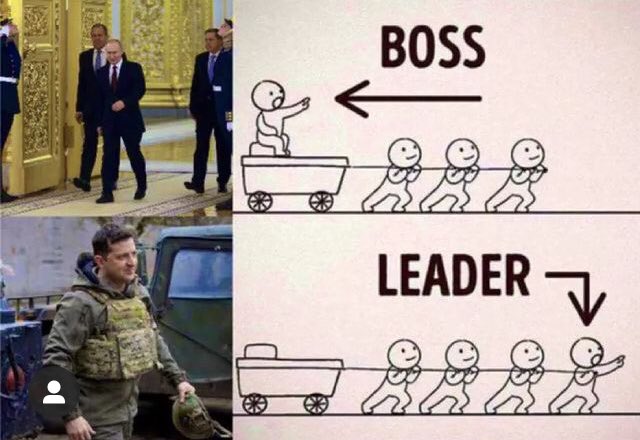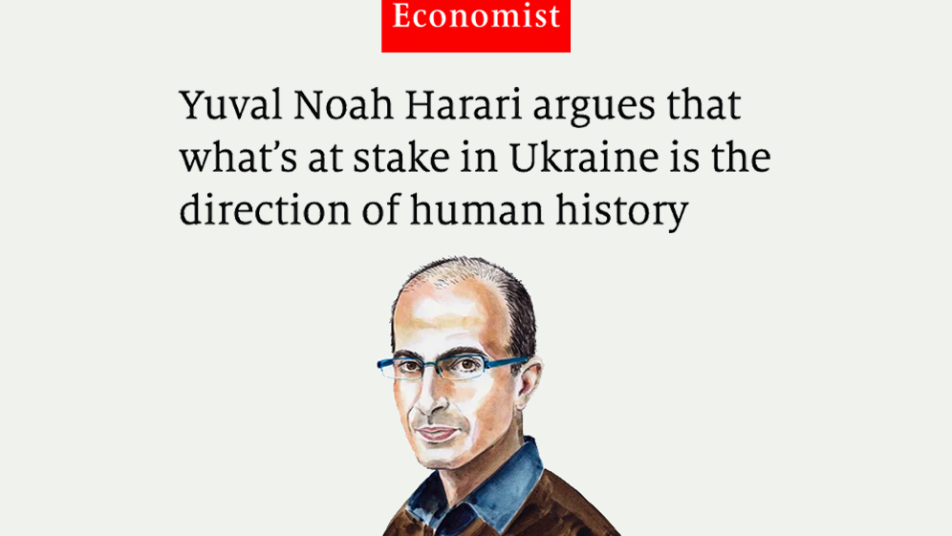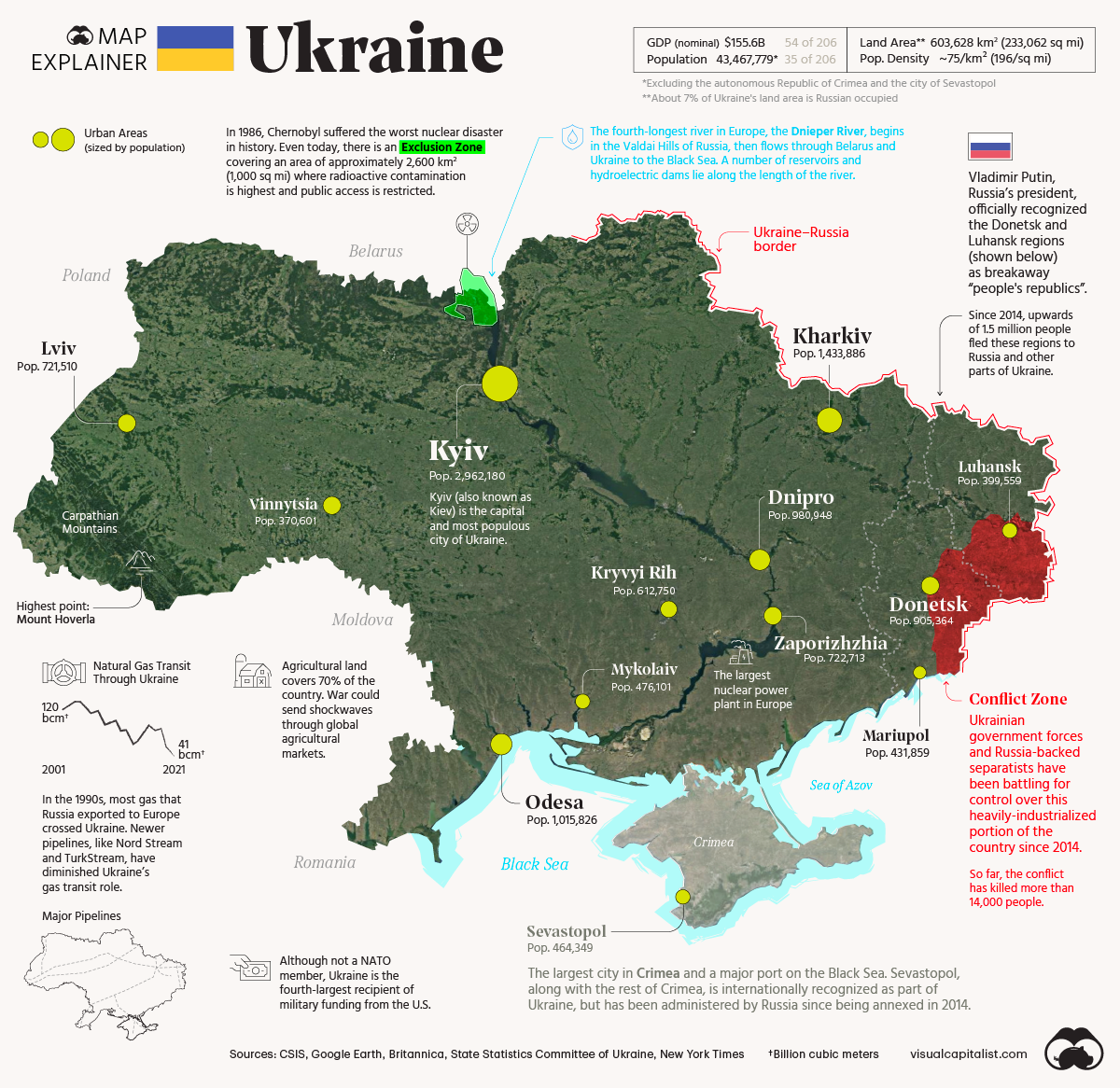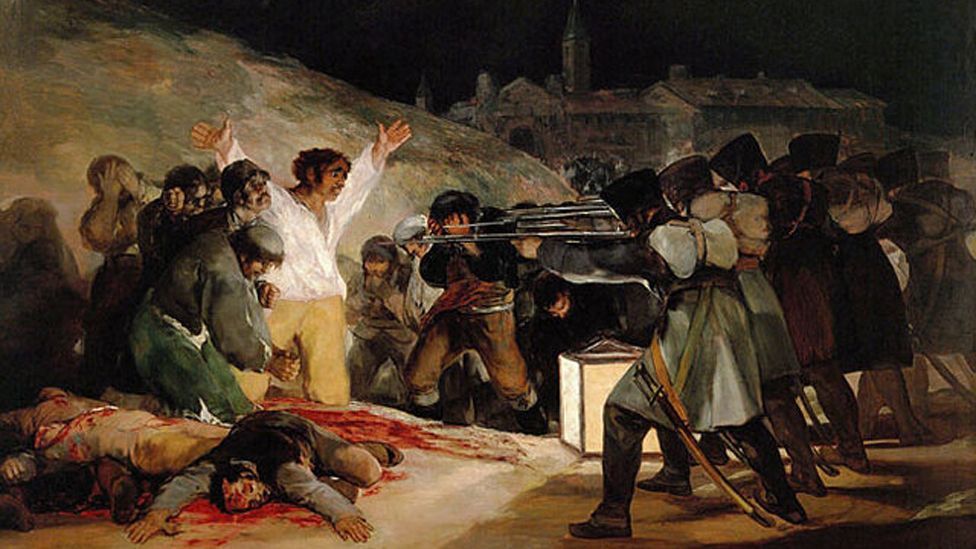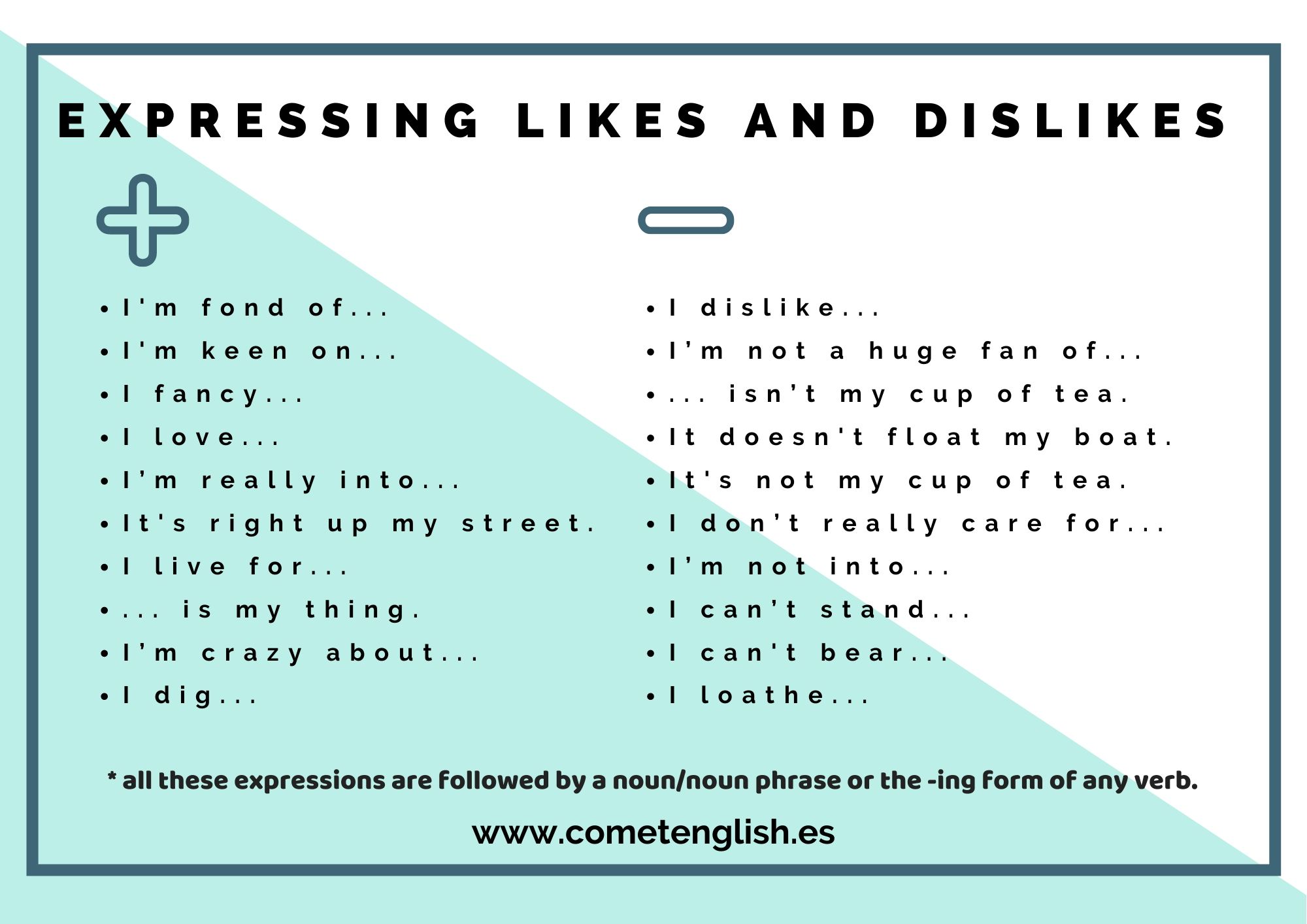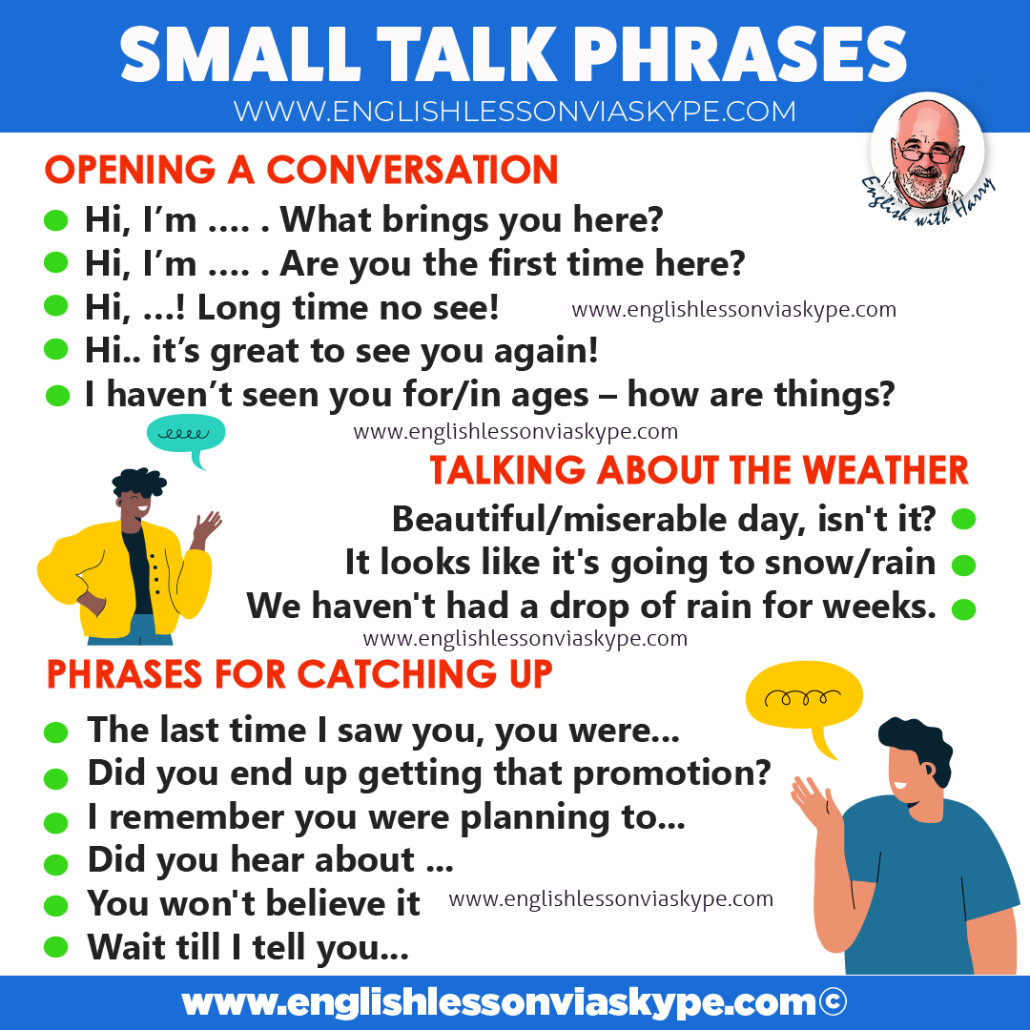:max_bytes(150000):strip_icc()/inflation_color2-216537dd3aeb4365b991b67790765e4f.png)
What's inflation?
Inlation happens when prices rise and the value of our money falls.
In 1980, for example, a movie ticket cost on average $2.89. By 2019, the average price of a movie ticket had risen to $9.16.
What causes inflation?
Inflation can occur when prices rise due to increases in production costs, such as raw materials and wages. A surge in demand for products and services can cause inflation as consumers are willing to pay more for the product.
:max_bytes(150000):strip_icc()/what-causes-inflation-and-does-anyone-gain-it.asp_final-bd28a7c57a5944d9bddc8b42155f2e17.png)
Is inflation always bad?
Inflation isn't always bad news. A little bit is actually quite healthy for an economy. If prices are falling – something known as deflation – companies may be hesitant to invest in new plants and equipment, and unemployment might rise.
GRAMMAR REVISION. IF-SENTENCES.
If sentences
Sentences containing the word if are called conditional sentences because they usually express a condition.
Examples:
- If he comes, ask him to wait.
- If it rains, we will get wet.
- If you study hard, you will pass your exam.
There are four types of if sentences in English.
- The zero conditional
- The type 1 conditional
- The type 2 conditional
- The type 3 conditional
The zero conditional
In a zero conditional sentence, we use a present tense in both parts of the sentence.
- If you give respect, you get respect.
- If you heat ice, it melts.
The type zero conditional sentences are used to talk about real and possible situations.
Type 1 conditional
Type 1 conditional sentences are used to talk about possible situations and their probable results. In these sentences we use the simple present in the if clause and the simple future in the result clause.
- If you work hard, you will succeed.
- If you ask him, he will help you.
- If you invite them, they will come.
1. EXERCISES. ZERO CONDITIONAL.
6. CONDITIONAL 1. NEGATIVES /QUESTIONS.
Type 2 conditional
These sentences are used to talk about an unlikely condition and its probable result. Here the tense in the if clause is the simple past and the tense in the main clause is the present conditional (would + get).
- If you asked him, he would help you.
- If you studied hard you would pass your exam.
- If you invited them, they would come.
12. FIRST AND SECOND CONDITIONALS.
13. FIRST AND SECOND CONDITIONALS.
14. FIRST AND SECOND CONDITIONALS.
BUSINESS ENGLISH
1. (BORROW, LEND, INVOICE, OWE, AFFORD...)
2. ( ATTACH, REPLY, FORWARD, ENCLOSE...)
ENGLISH COMMON CONFUSING WORDS.
HOW TO WRITE A CV IN ENGLISH.
The style and layout of a curriculum vitae (also called a CV or resumé) are often different in English to those in other languages. These steps explain how you can write a great CV in English, while keeping it simple and easy to read.
Step 1: make notes
Make notes on your work experience, both paid, unpaid, full-time and part-time. Write down your responsibilities, job title and company information. Include everything!
Step 2: make more notes
Make notes on your education. Include your degree or any certificates, names of major courses, school names and courses relevant to the job you are applying for.
Step 3: … again more notes
This time make notes on other achievements. Include your membership of organizations, military service and any other special accomplishments.
Step 4: relevant skills
From the notes you’ve made, choose which skills are relevant (skills that are similar) to the job which you are applying for. These are the most important points for your CV.
Step 5: personal details
Begin your CV. Write your full name, address, telephone number,
email, date of birth, marital status and nationality at the top of the
CV.
Step 6: objective
Write an objective. The objective is a short sentence describing the job you hope to get. This is common only in an American-style CV (called a resumé).
Step 7: education/qualifications
Summarize your education, including important facts (type of degree, specific courses you have studied) that are relevant to the job you are applying for.
Step 8: experience
List all your work experience, job by job. Start with the your most recent job and progress backwards in time. Again, focus on skills that are relevant. Include details of companies and your job title and responsibilities at that company.
Step 9: skills
Include other relevant information such as languages spoken, computer skills, etc.
Step 10: interests
Very briefly include your hobbies and main interests.
Step 11: references
Finish with the line: References available upon request.
More tips
- Ideally your CV in English should not be longer than one page. Two pages are only acceptable if you have had many different jobs and a variety of experience.
- Spacing, aligning and layout are very important when you write your CV, in order to create a positive and professional impression.
- Use ‘dynamic’ and ‘action’ verbs such as attained, accomplished, conducted, established, facilitated, founded, managed, etc.
- Do not use the personal pronoun ‘I’ in your CV; use sentences without a personal pronoun: Established and managed a new sales force, not
I established and managed a new sales force.
JOB INTERVIEW
2. An invitation to a job interview.
EMAIL WRITING.
READING.

Digital habits across generations.
READING FREE PRACTICE.
3. How will life be different after Covid-19?
LISTENING FREE PRACTICE.
Watch the following video about Randall and his dogs.
A. Let's focus on pronunciation. See how OUR is pronounced. Try to reproduce the text.
1. My flat.
4. Phonig.
GRAMMAR REVISION



/cloudfront-eu-central-1.images.arcpublishing.com/prisa/45I3EA7A7NHSHKYCXLW6AWU4YQ.jpg)
